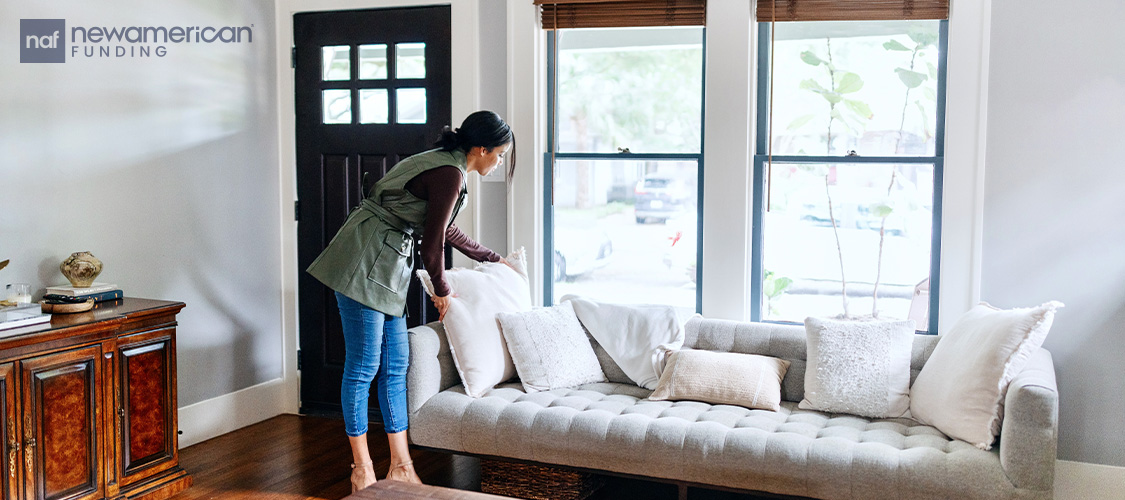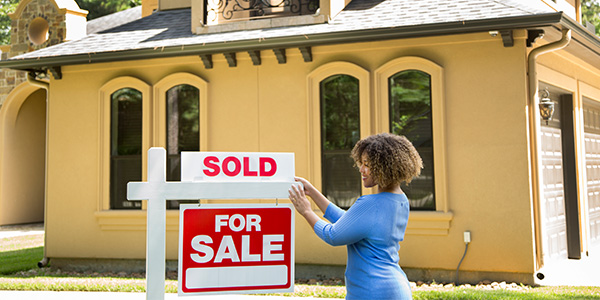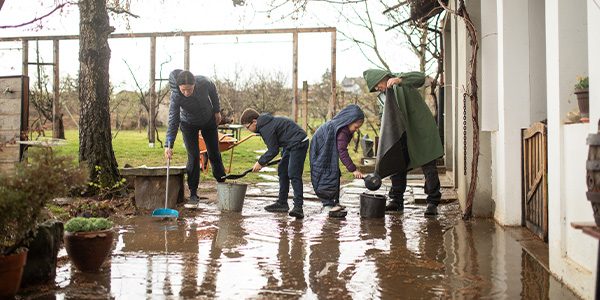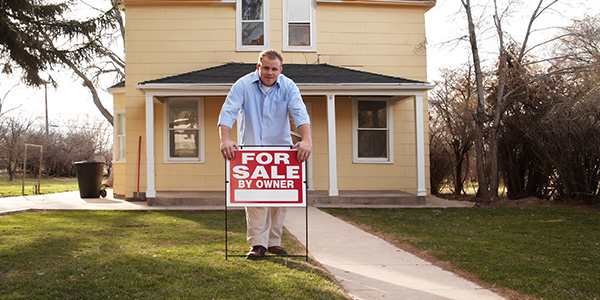Homeowners
Thinking of Listing Your Property? How Much It Costs to Sell a Home
April 29, 2025
The letters are tempting: Interested in selling your home? I can get you more than the online values suggest. When combined with reports of bidding wars and stories of people receiving multiple offers within hours of listing their homes, the letters may have you googling real estate agents.
Before contacting an agent, it's important to be aware of all the potential costs of selling a home. Fortunately many homeowners have built equity in their properties that can help to cushion them from these costs.
Expenses to sell a home include everything from real estate agent commissions to home preparation and staging costs, to administrative fees. This can add up to as much as 10% of the sale price, if not more, although many sellers will pay much less. Understanding the costs is crucial to assessing your potential profits and avoiding unexpected financial burdens.
"Selling my first home opened my eyes to just how many hidden costs come with the process," said Danilo Coviello. The professional translator, who is in his late 30s, sold his Manhattan apartment in October 2024. "The unexpected costs at cleaning and staging stages and during post-inspection repairs took me by complete surprise about how much money was required."
These are the real estate agent fees you can expect

Working with a real estate agent, which most home sellers do, will generally cost you between 2% and 6% of your sale price.
Sellers are no longer required to pay for the buyer’s agent. However, they still cover the buyer’s fees in many markets, which could bring sellers to the higher end of that range.
The cost covers an agent's research on the home, including market analysis, finding homes currently listed and recently sold homes to give sellers a good price recommendation.
Agents also market the property. Their fee includes having professional photography and videography done and drafting the listing and putting it online. They may also take out ads in local publications or websites to get the property more visibility.
“Being able to tell the story of the house is really important," said Amy Chorew, a real estate agent and president of consulting firm Curated Learning. "Tell me what made living here special because those are the things that will sell a house.”
Staging and curb appeal: Costs of getting your home sale-ready

Sellers may choose to work with a home stager to show off the home’s potential. This can cost a few hundred dollars but can quickly go into the thousands if the sellers are renting or purchasing furniture.
If the home needs repairs, like cracked tile in a bathroom repaired, carpets cleaned, or painting done, that can also add up. Many sellers also choose to hire professional cleaners before an open house.
In addition, sellers may want to hire a landscaper to spruce up the property.
These costs can set sellers back anywhere from $500 to upwards of $5,000, said Chorew.
"Next time, I would make sure to plan for both the emotional weight and the financial details to avoid being caught off guard," Coviello said.
Administrative and legal costs of selling a home

There are also numerous administrative fees home sellers pay.
These include state and local real estate transfer taxes. Some states don’t charge the taxes, while it can be as high as around 3% of the sales price in others.
Sellers will also cover a prorated share of the property taxes for the portion of the year they owned the home.
Additionally, sellers generally pay for recording fees charged by local governments to record the transfer of property ownership. These vary based on where the sellers are located.
In some states, sellers may also pay real estate attorney fees.
Don't forget about capital gains taxes
Depending on your profit on the home, you may also have to pay capital gains taxes.
Single sellers can exclude up to $250,000 of profits, while married couples don’t have to pay capital gains taxes on up to $500,000.
However, you must have sold your principal residence, which you owned for at least two years, and have lived there for two of the last five years. You also can’t have claimed the capital gains exclusion on another property in the two years before you sold the property.
That’s why you may want to work with an accountant or attorney to understand your tax obligations.
It also often helps to have a real estate professional who can keep you on track and steer you away from potential pitfalls.
"You really want a real estate agent who has a checklist, who walks you through every step of the process…so you know what's going to happen," said Chorew.






 Smart Moves Start Here.
Smart Moves Start Here.